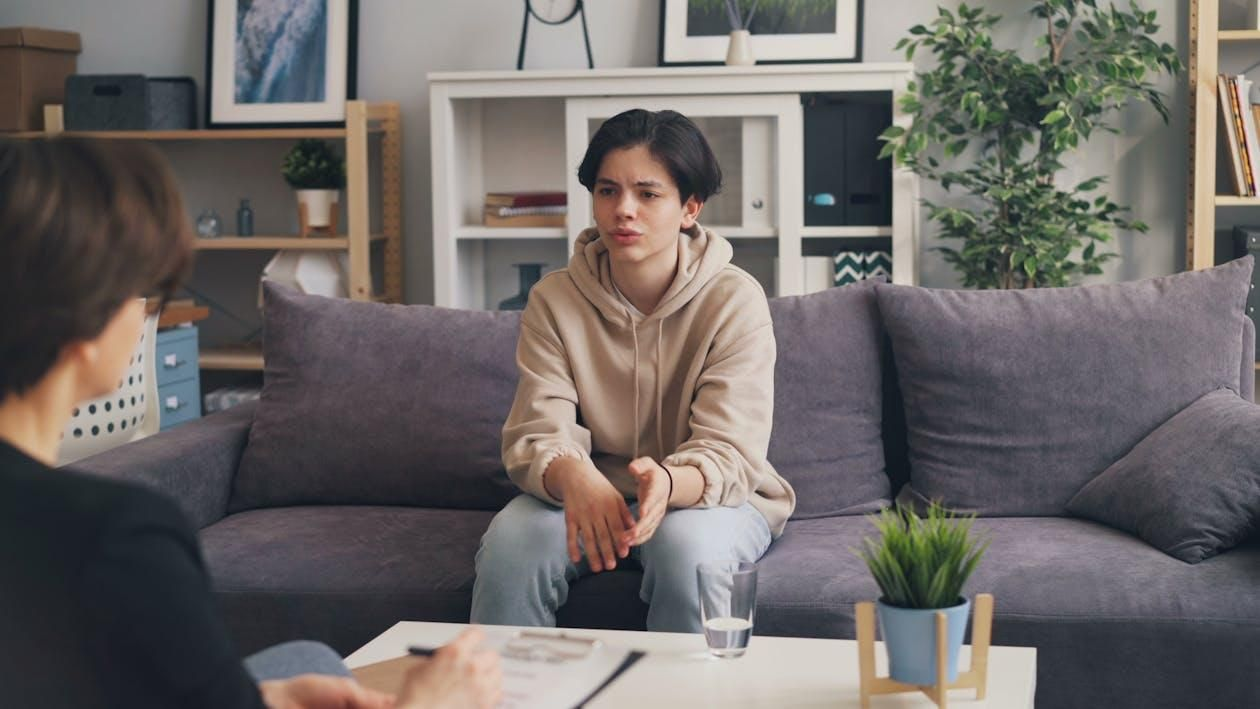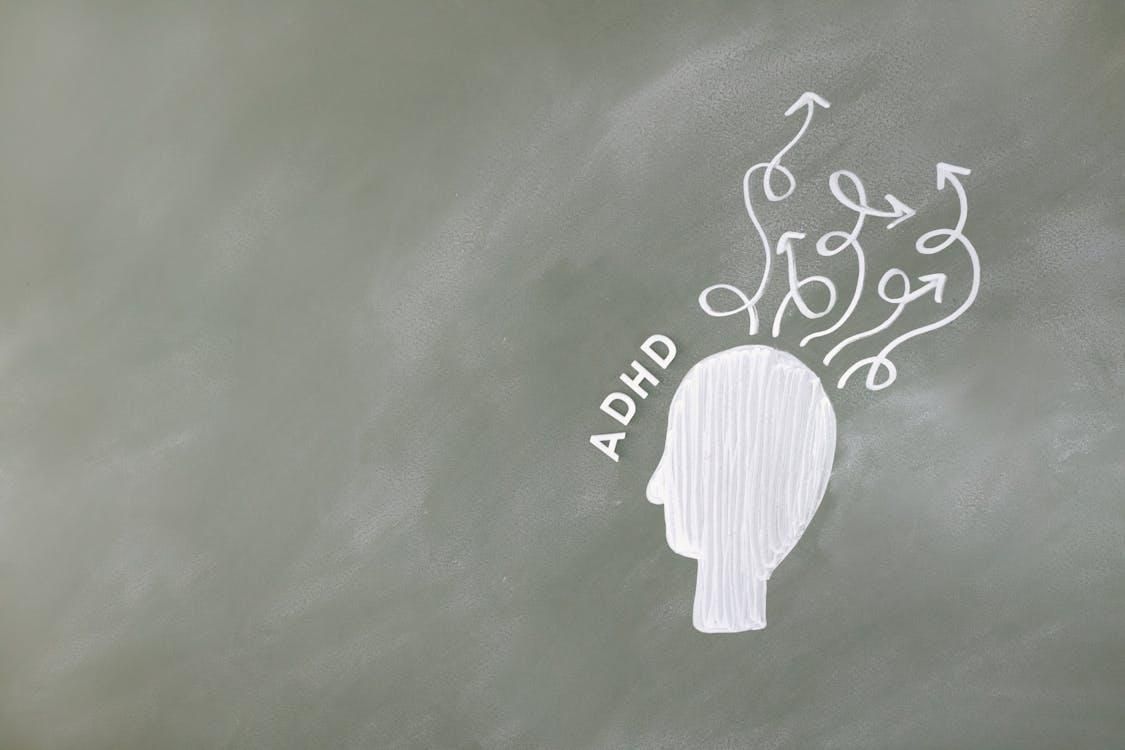Healing Together: Family Involvement in Mental Health Treatment
In mental wellness, family-centered psychiatric care is gaining recognition as a powerful way to improve treatment outcomes. By involving spouses, children, and caregivers in therapy plans, patients receive a stronger support network that extends beyond clinical sessions. Families are uniquely positioned to provide encouragement, accountability, and stability, making them vital partners in the healing journey.
Why Family Involvement Matters
Mental health challenges often affect more than just the individual. Conditions like anxiety, depression, or ADHD can impact daily interactions, relationships, and household routines. Including family members in treatment allows everyone to better understand the diagnosis, learn effective coping strategies, and support the individual’s recovery.
For example, when a parent is undergoing therapy, children may feel confused or neglected. Family participation ensures open communication, reducing misunderstandings and building resilience in the household. Similarly, spouses or caregivers can learn techniques to manage stress, provide appropriate encouragement, and recognize signs of progress or relapse.
Benefits of Family-Centered Psychiatric Care
1. Improved Communication: Therapy sessions involving family members help break down barriers, encouraging honest conversations that strengthen relationships.
2. Shared Understanding: Families gain education about symptoms, triggers, and treatment plans, reducing stigma and confusion.
3. Greater Accountability: Patients are more likely to follow through with therapy and medication when loved ones are engaged.
4. Long-Term Support: Recovery is more sustainable when families are actively involved in providing daily encouragement and structure.
5. Reduced Isolation: Patients feel less alone when family members participate, fostering a sense of community and shared healing.
Who Can Benefit from Family Participation?
● Children and Adolescents: Young people dealing with behavioral or emotional issues often recover more effectively with the involvement of parents and siblings.
● Couples: When one partner struggles with mental health concerns, joint sessions can strengthen the relationship and reduce tension.
● Caregivers: Those supporting elderly or chronically ill patients benefit from guidance to balance care responsibilities with their own well-being.
The Role of Professionals
Psychiatrists, therapists, and psychiatric nurse practitioners play a crucial role in guiding family involvement. They provide structured sessions, set boundaries, and ensure that participation remains constructive rather than overwhelming. Professionals may recommend a combination of individual and family sessions to balance personal privacy with group healing.
Building a Healthier Future Together
By embracing family-centered psychiatric care, patients gain a supportive environment where recovery becomes a shared responsibility. Families not only learn how to support their loved ones but also discover ways to strengthen their own emotional resilience. The result is a healthier household and improved mental wellness for all.
At Oasis of Hope BHC, we believe that healing happens best when it includes the people closest to you. That’s why we provide family-centered psychiatric care as part of our comprehensive mental health services. Our team of psychiatrists, psychiatric nurse practitioners, and therapists offers expert mental health evaluations, anxiety treatment, depression treatment, and behavioral healthcare tailored to individual and family needs. We also provide telepsychiatric services to make support more accessible











